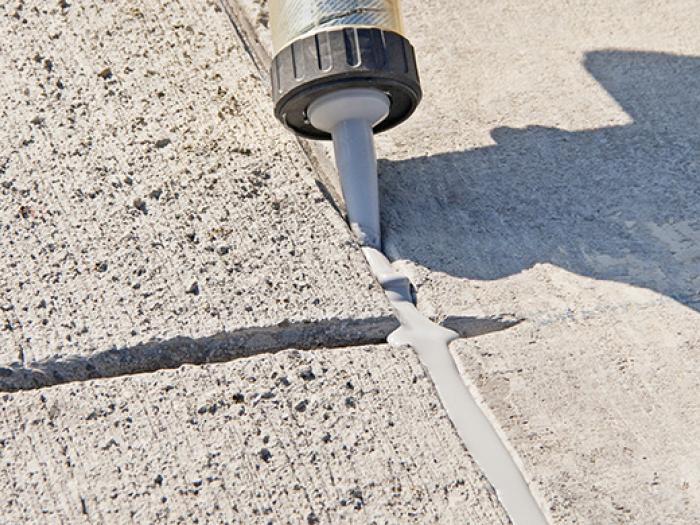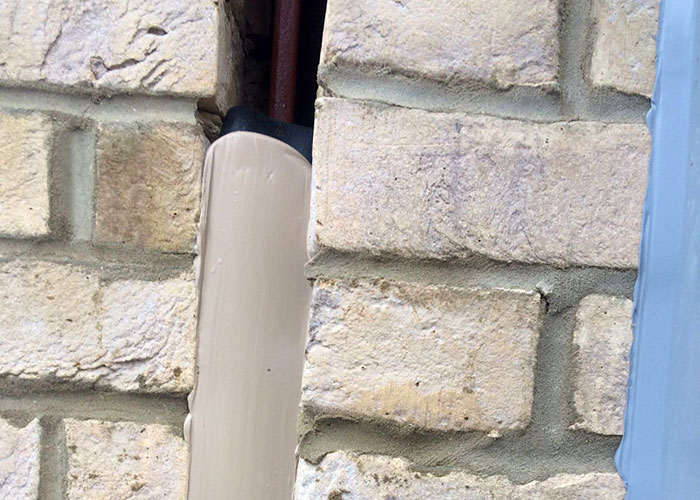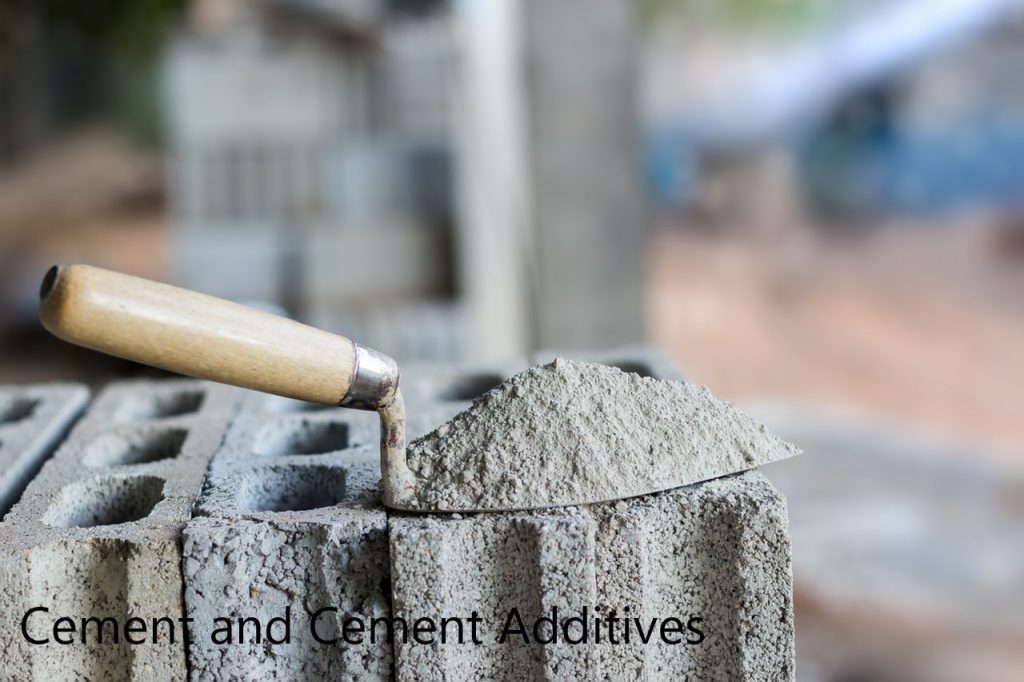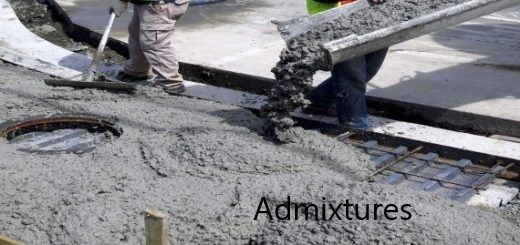Mastic sealant is a form of adhesive that is made from natural ingredients, such as tree sap and pine resin.
This sealant is used for filling cracks and gaps in the surfaces of buildings, such as in brickwork or concrete. It can also be used to fill gaps between tiles or bricks on a wall. It provides waterproofing to the building and prevents water from seeping into the walls or floors.
Mastic sealant is usually applied with a trowel or caulking gun. The liquid mastic will then dry out to form a strong, flexible, waterproof seal that can last for many years.
Basics of Mastic Sealants
Mastic sealants are a type of sealant that is typically used to fill gaps and cracks in construction. They are often used in the construction of buildings and homes, but they can also be found in other types of major structures as well.
Mastic sealants come in many different varieties, but they all work on the same principle: They are applied to a surface, filling any gaps or holes that exist there.

Mastics come in two basic types: water-based and solvent-based.
Water-based mastic is applied in a layer, and then the surface should be allowed to dry completely before it is used. This type of sealant will not cure properly if it gets wet again while applying. These types of sealants are the cheapest, but they can also take longer to dry, and sometimes they don’t work as well.
Solvent-based mastic is applied in a thin layer and then it should be allowed to dry completely before it is used. This type of sealant cures much faster than water-based, making them more popular for high traffic areas like kitchens and bathrooms.
However, solvent-based mastic has the potential to damage certain types of surfaces if its fumes get on other materials in the area, such as wood.
How to Choose the Right Mastic Sealant for Your Needs?
Mastic sealants are a great way to seal up any cracks or openings in a building. They come in a variety of types and can be used for a wide variety of purposes.
In this article, we’ll take you through the factors to be considered when choosing the right mastic sealant for your needs, as well as which type is the best sealant for each situation.
Factors to consider when choosing the right mastic sealant, there are several factors to take into account before making a final decision. First of all, you need to decide whether you want a waterproof sealant or an exterior sealer.
As the name suggests, waterproof sealants can be used on both inside and outside walls that require sealing. In contrast, exterior sealers can only be used on the outside of walls that need sealing; they cannot be used on interior surfaces.

Advantages of Mastic Sealant
Mastic sealant is a type of material that is used to seal gaps and cracks in walls, floors, and ceilings.
Mastic sealant is a type of material that is used to seal gaps and cracks in walls, floors, and ceilings. It can be applied on various surfaces such as concrete, brick, block or stucco. Mastic sealant has many advantages such as being resistant to moisture, insects and rot which allows it to last longer than other types of materials.
Issues That Can Occur When Using Mastics
Mastics are a great way to make a house feel like home. But, if not used correctly, they can also cause damage to the house.
The most common mistake is using too much mastic and then having to scrape it off before it dries. This will leave a sticky residue on the floor and walls which is hard to remove.
Another mistake that people often make is that they don’t wait for the mastic to dry before moving furniture back into the room. This can cause damage when the furniture slides across the still-wet surface.


